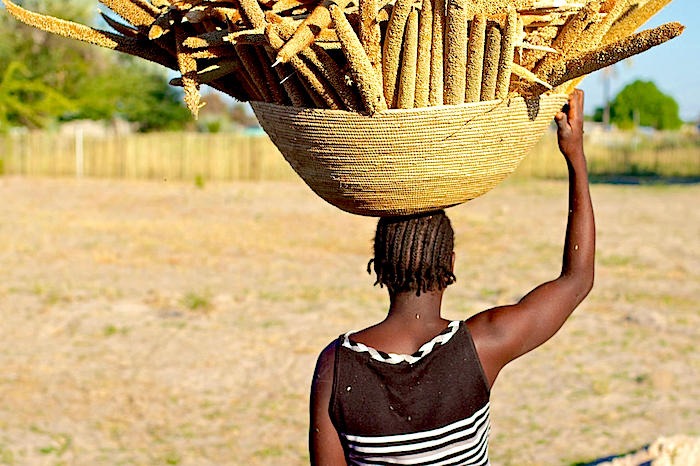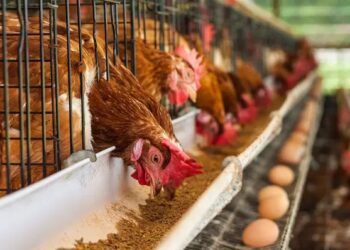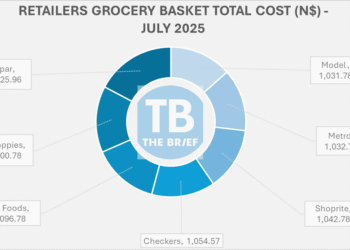
By Hanks Saisai
Namibia is home to many communal areas under the administration of Traditional Authorities.
The country’s aspirations of achieving food security and the crucial role of land in this endeavour, emphasise the influence of Traditional Authorities in overseeing land for Agricultural Production.
For instance, during a recent potato harvest, King Omukwanilwa Fillemon Nangolo and the leadership of the Ondonga Traditional Authority demonstrated the vital role these authorities play in agriculture.
Land is considered a crucial factor of production in any agricultural business. To this end, Traditional Authorities that oversee communal land are essential stakeholders that can help transform communal areas into food producing hubs.
Traditional Authorities can play a crucial role by making land available for the development of agricultural projects aimed at producing cereal crops such as maize, mahangu, wheat and sorghum, vegetables, fruit trees and fodder, among others.
By availing land to the Government for developmental purposes, Traditional Authorities can help create employment opportunities for local communities.
These communities can be involved in land clearing, which could include slashing, burning, stumping and the levelling of land. Additionally, the fencing of such land can also create employment opportunities.
Another role Traditional Authorities can play in Agriculture is by gathering community members to discuss the importance of developing local agricultural projects. These initiatives can be funded through donations raised through monthly contributions, which can be in the form of cash or in-kind donations such as tools, machinery, and labour, among others.
For example, in the Ngoma area of the Zambezi Region, the chief and his community could designate a 50-hectare plot of land next to the Chobe River and invite 50 members to donate funds and in-kind services to help with fencing off, clearing, levelling the land and installing an irrigation system.
This land could be utilised for the production of maize under irrigation from August to November, or under rainfed conditions. During the period of May to August, it could be used for the production of winter vegetables or livestock fodder.
Moreover, the produce from such a project could be sold directly to Government institutions such as school hostels, military bases and hospitals. Approximately 60% of the proceeds can be reinvested in the project to expand its operations, while the remaining 40% can be distributed to project members as dividends.
This model can be expanded to all communal areas that have land that is administered by Traditional Authorities across Namibia to enhance local agricultural production by teaching communities the importance of collective investments.
Additionally, Traditional Authorities can encourage community members in rural areas to venture into small-scale crop, poultry and livestock production. Moreover, to support this initiative, these authorities can connect with markets and input suppliers to advocate for the availability of services needed by farmers, thereby enabling them to expand their operations.
Lastly, since most traditional authorities are aware of most of the agricultural operations of their communities, they can assist farmers to request tailor-made training from training institutions and help them access financing from Development Finance Institutions. These initiatives could significantly enhance productivity, unlock opportunities to secure household food security, create employment and generate income.
* Hanks Saisai is a Technical Advisor: Crops & Poultry at Agribank











